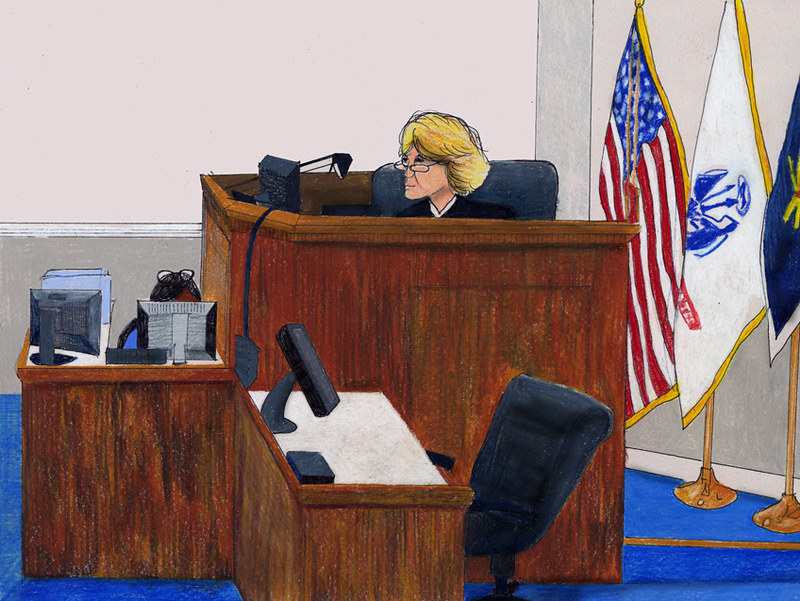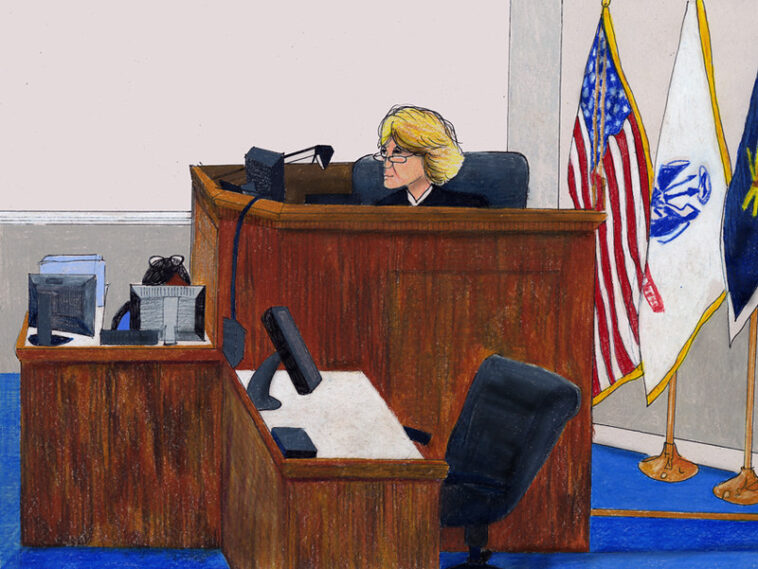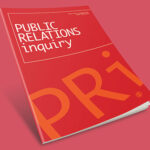
Criminal law and Double Jeopardy
Double jeopardy is a constitutional principle that prevents individuals from being tried twice for the same crime, which is protected by the Fifth Amendment of the United States Constitution.
Disposition by Nolle Prosequi
In some cases, the state may choose to dismiss criminal charges against an individual by entering a disposition of Nolle Prosequi. This doesn’t mean that the charges are withdrawn permanently. Instead, it indicates that the state is declining to prosecute at that particular moment, and may choose to bring the charges back later.
Ronald John Thomas and Double Jeopardy
Ronald John Thomas, appellant in this interlocutory appeal, was arrested and indicted on a criminal charge. Subsequently, the state entered a disposition of Nolle Prosequi and later indicted Thomas again on the same charge. Thomas then filed a motion to dismiss the indictment on the ground of double jeopardy, which was denied by the Circuit Court for Anne Arundel County.
Why Double Jeopardy is Important
The principle of double jeopardy is important because it prevents the government from harassing or punishing individuals by continually bringing them to trial for the same offense. It also ensures that the power to prosecute is balanced by the protection of the law.
Why Nolle Prosequi is significant
Nolle Prosequi is an important tool for prosecutors because it gives them the flexibility to dismiss charges when they feel it is appropriate. For example, if the state has insufficient evidence or there is a defect in the charges. Dismissal with prejudice would bar the state from ever bringing those charges against the individual again. Nolle Prosequi ensures that the state can make a decision on whether to pursue charges against an individual without the risk of being barred by double jeopardy.
Conclusion
Double jeopardy is a fundamental constitutional principle that is designed to protect individuals from being tried multiple times for the same crime. However, disposition by Nolle Prosequi is an important tool for prosecutors to ensure that they can exercise their discretion in cases where they believe that prosecution is not appropriate. It is important that the courts balance the principles of double jeopardy and Nolle Prosequi to ensure that justice is served fairly and equitably.
Originally Post From https://thedailyrecord.com/2024/02/04/ronald-john-thomas-v-state-of-maryland/
Read more about this topic at
Double Jeopardy Clause of the Fifth Amendment
Double jeopardy


